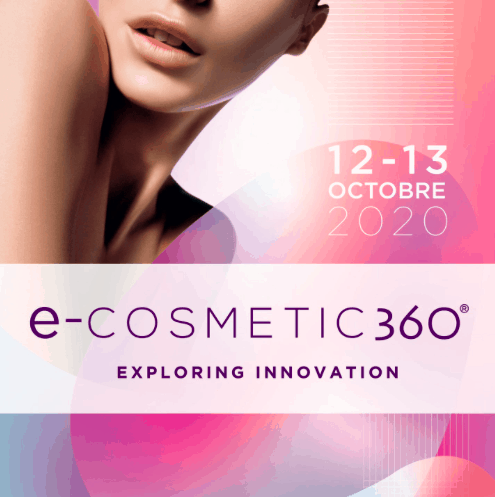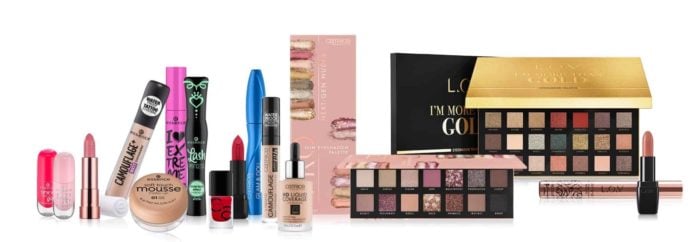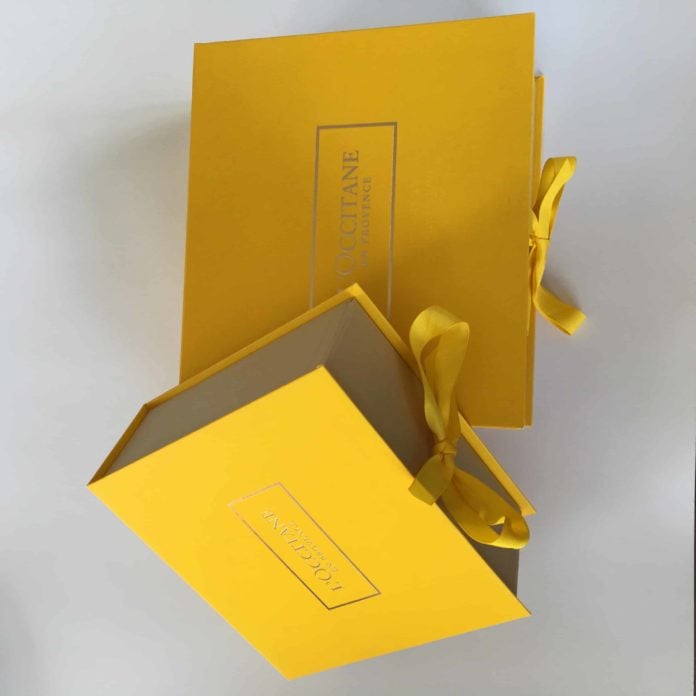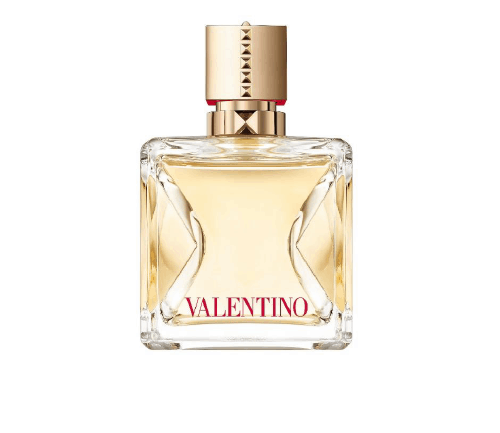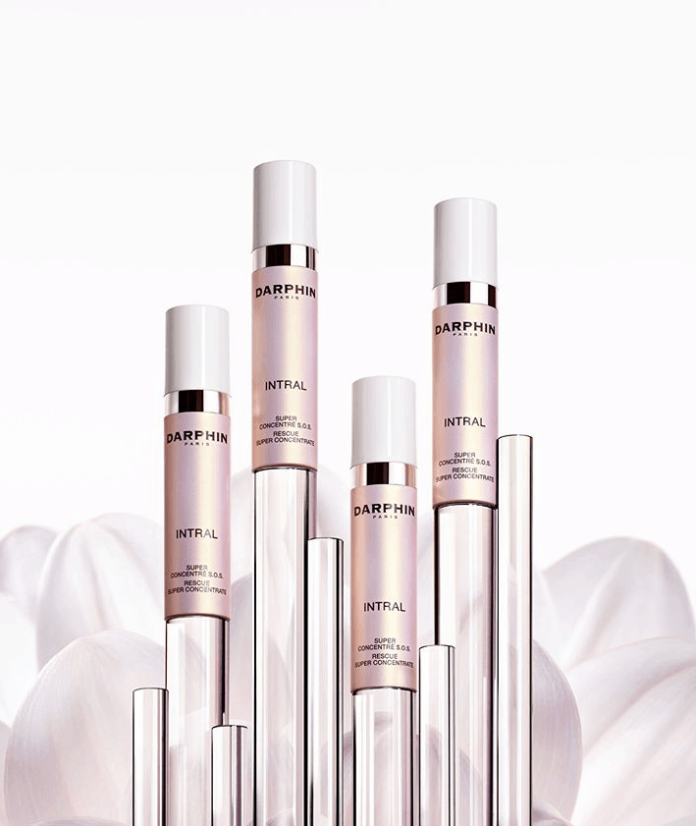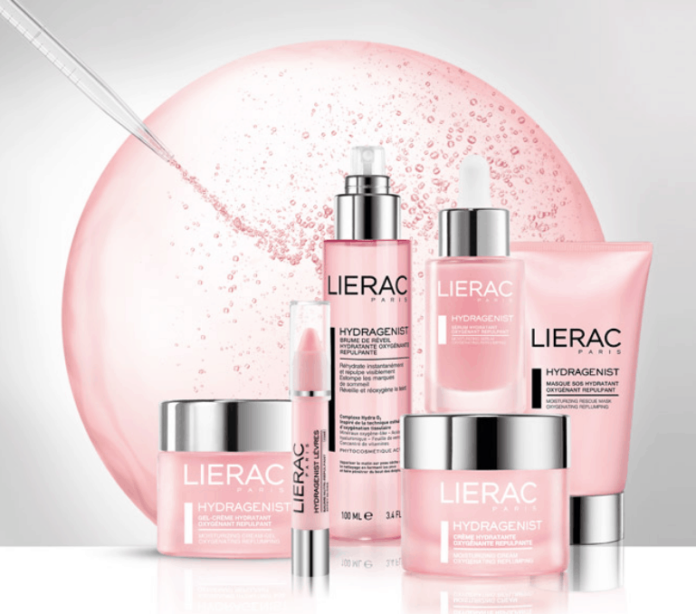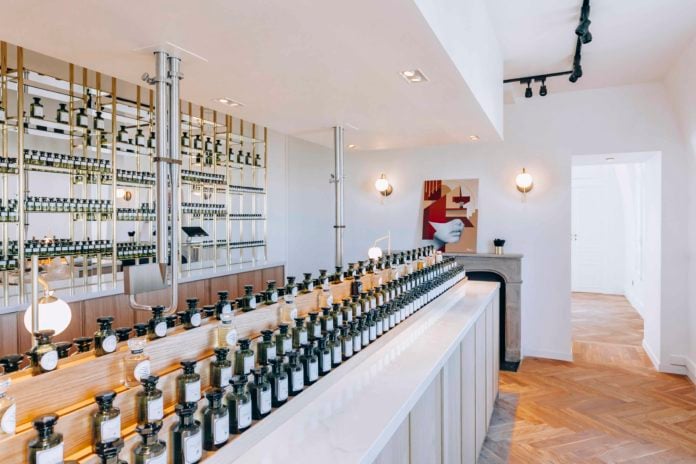Cosmetic 360, the international innovation trade show for the perfumery and cosmetics industry, was held in its exclusively digital edition on October 12 and 13: e-Cosmetic 360 is the first milestone in the Semaine de la Relance cosmétique, followed by the États Généraux de la cosmétique on October 15, 2020.
Under the banner of "innovation with a conscience", this exceptional edition was marked by the changes taking place in the industry, the major contemporary social and environmental challenges, and the particular resonance of the COVID-19 pandemic.
The first results are :
More than 100 innovations in products, raw materials, services and technologies for 3 major trends that emerged this year:
1. Green beauty, eco-consciousness
2. Beauty tech, connected awareness
3. Test performance, deep awareness
New non-contact technologies, new formulations for skin sensitivity caused by wearing masks, new organic skincare products, alternatives to petrochemicals, the creation of new biosourced and zero-waste packaging, the development of short circuits and upcycling, the invention of personalized refills, new connected objects and AI, digital solutions for the factory of the future...and many other innovations from the industry have marked the dynamic of exploration and reinvention of cosmetics.
The e-Cosmetic 360 digital platform will remain accessible until October 27, for further professional exchanges and replay of conferences and webinars.
A successful 4.0 event: AI, webinars, chats, videos, e-totems, based on a rich and intuitive digital platform, were all on hand to stimulate and increase interaction between players located all over the world.
Exhibitors were able to offer virtual showcases of their innovations, making their discovery even more immersive. Visitors were able to browse the show floor, discover each innovation, interact with the exhibitors of their choice, and take part in the many instructive webinars and conferences held over the two days.
The 1st edition figures are :
- Over 55 % international exhibitors
- 67 countries represented at the event
- 21,800 interactions established on the platform (number of contacts and appointments established, number of unique views of exhibitor stands, number of unique views of exhibitor conferences and webinars)*.
- 110 exhibitors including: a majority of SMEs, 16 start-ups, major groups (L'Oréal, LVMH, Dachser, Hitachi, Veeva...), CNRS and university laboratories.
e-COSMETIC 360 is one of the few trade shows in the industry to have been held in its entirety in 2020, since the Cosmetic Valley competitiveness cluster - the event's organizer - decided well in advance to switch to a digital format, thereby retaining its DNA of creation and collective emulation, while adding the added value of digital technology. The show hopes to return in 2021 in its face-to-face version on October 13 and 14, and registrations are already open.
e-COSMETIC 360 Awards :
The e-COSMETIC 360 Awards 2020 recognized the finest innovations presented at the e-show by exhibitors in each of the following areas of innovation: products, raw materials, services, technologies.
The winners of the e-COSMETIC 360 Awards are :
1. Raw materials category: HERBAROM, French company
2. Product category: JANGUP SYSTEM, Korean company
3. Service category: KAIOSID, Swiss company
4. Tech category: PERFECT CORP, Taiwanese company
New for 2020, the e-EXHIBITOR prize for generating the most contacts was awarded to GBC - Global Beauty Consulting, a French company.




